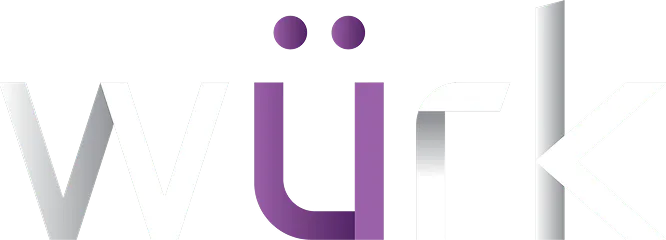
Navigating Tribal Payroll and Tax Compliance
For HR and payroll professionals serving Tribal employers, understanding tax obligations in Indian Country requires more than standard compliance knowledge. The interplay between federal regulations, state requirements, and Tribal sovereignty creates a complex landscape where a single misstep in employee classification or withholding can trigger serious consequences.


